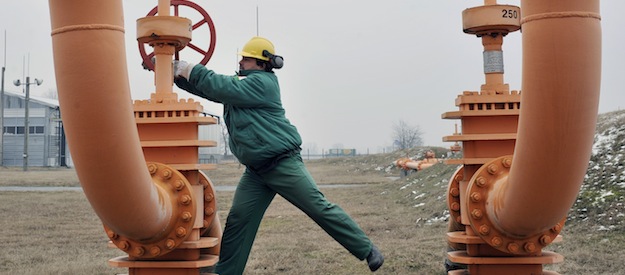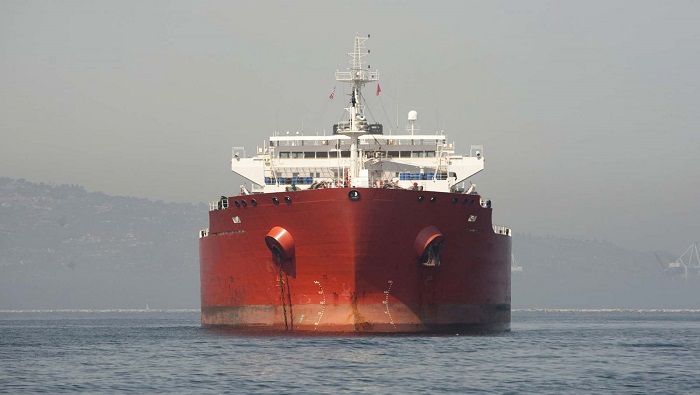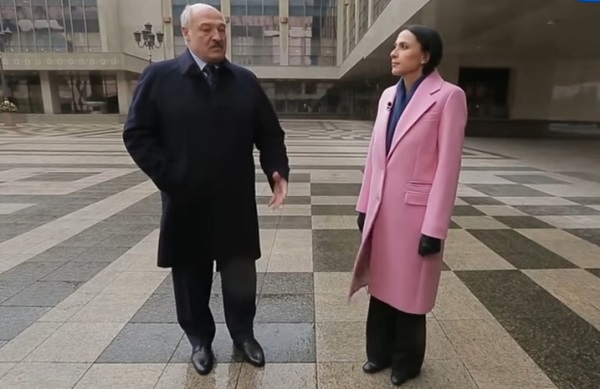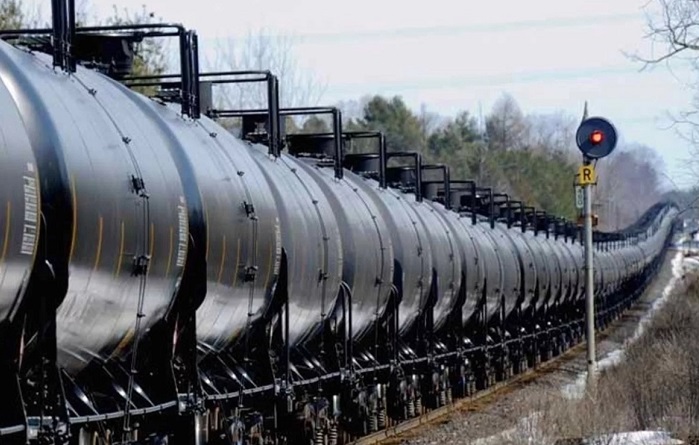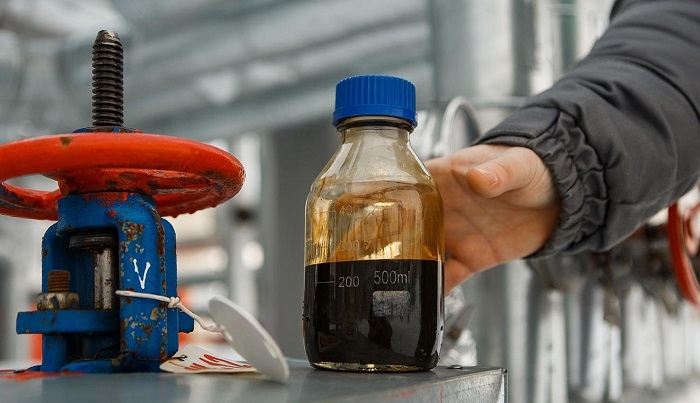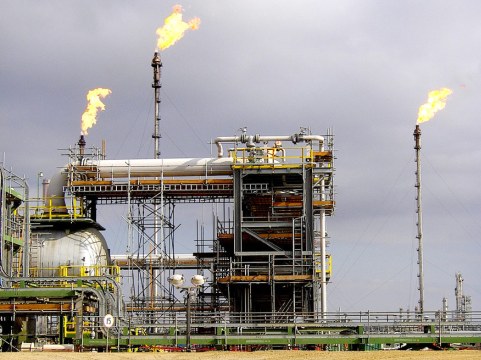How serious is Belarus in its statements on the import of Azerbaijani oil? Does official Minsk really want to import oil from Azerbaijan, or is its action aimed only at imitation and at putting pressure on Russia?

The fact is that since the spring of last year it has become clear to the government of Belarus that they will not be able to lower oil prices to what they want in negotiations with the Russian side. Then it decided to look for an alternative to Russian oil. There were attempts at deliveries from Venezuela, Azerbaijan and Iran, but this oil came out too expensive due to the complex transportation scheme.
And in May 2019, the President of Belarus instructed the government to develop a scheme for the supply of oil and oil products from Kazakhstan. But they did not find a better option than Russia.
In the context of the tax maneuver taking place in Russia, the oil price for Belarus last year was below world prices. According to commodity market observer Tatyana Manenok, while there is a 20% “discount”, it will not be easy to arrange more profitable alternative deliveries.
In 2019, Belarus bought Russian oil at an average price of $ 400 per ton (about $ 54.8 per barrel). The average price of Russian Urals brand oil on the world market was $ 63.5 per barrel in 2019.

In 2019, Belarus received gas from Russia at $ 127 per thousand cubic meters (for its delivery to Europe at $ 200), but insisted on the price of the Smolensk region – about 70. In 2020, the price of gas can reach $ 152.
By 2024, the price will become market due to the tax maneuver in Russia. In the bottom line, the benefits of partnership with Russia by 2024 will remain only in a short transportation route. However, Azerbaijan’s Azeri Light brand oil is currently among the top three most expensive brands of light oil in the world. Since the second half of October, it has been trading above the Brent brand by more than $ 4 per barrel. And this is due to the fact that Europe has tightened environmental requirements for refineries, as a result of which the demand for low-sulfur oil in the markets has grown. Therefore, if transportation costs with complex logistics are added to this, then Azerbaijan’s oil for Minsk will actually become commercially unprofitable.
Caspian Barrel



